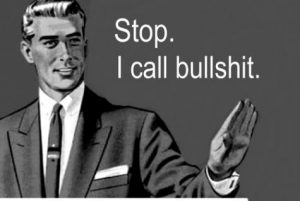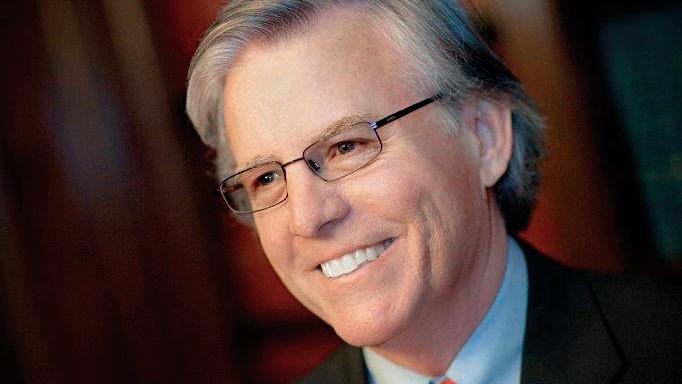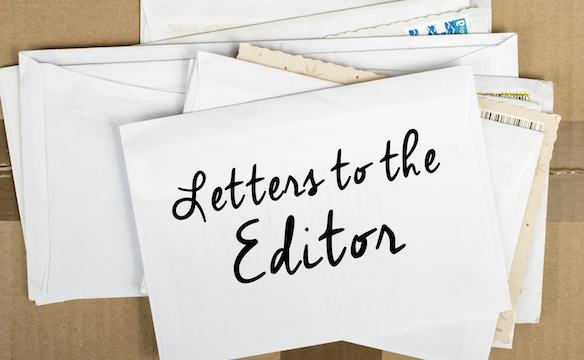Mayor Paul Dyster’s 2017 final budget for the city of Niagara Falls, approved by the city council last week, is a document based more on political calculation than fiscal responsibility.
After the vote, councilmembers nearly sustained injuries patting themselves on the back for cutting a comparatively miniscule $550,000 from the $90.4 million budget, or 0.6%.
With casino revenues to the city steadily declining, and the city transferring nearly $3 million from savings to balance the budget, Dyster saw fit to microscopically lower property taxes on the homestead (residential) base.
As a general rule, we never oppose tax cuts. But this is not real tax cutting.
When the city is depending on what’s termed “non-recurring” revenues, as identified by the Niagara Falls Financial Advisory Panel, a non-partisan group of local citizens with expertise in finance, to balance the budget, and the largest of those non-recurring revenues, casino money, is trending downward, and the expenditure side of the budget itself is getting bigger, not smaller, it’s not genuine tax cuts. It’s pure political Santa Claus.
While the homestead rate will go down 2.34%, the property tax levy on businesses (non-homestead) in the city is slated to increase by a 3.87%, exceeding the pace of inflation.
What kind of message does this send the struggling small business sector of Niagara Falls? It goes to show the extent to which the mayor prioritizes incentivizing small businesses in his city, which is to say little to none, save generous subsidies for construction of box hotels by his politically-connected friends.
The total assessed valuation of taxable homestead property in the city of Niagara Falls is more than twice that of non-homestead. Therefore, you’d think the net reduction to homeowners would more than offset the increased taxes collected from businesses (twice 2.34% is greater than 3.87%), resulting in an overall lowering of property tax revenue for 2017. However, the amount to be raised by property tax is projected to go up next year by $924,195.
This is accomplished, apparently, by the projection of an addition of $7,769,914 to the total assessed valuation of non-homestead (business) property. The previous year, 2016, saw the city hemorrhage over $15.5 million in assessed non-homestead valuation.
An increase in taxes on business properties this year may result in a further exodus of small businesses.
It’s ironic too since as the Seneca Nation’s new mammoth tax free gas station and convenience store opens – as Dyster raises taxes on American gas stations in the city, many of the existing gas stations are not expected to survive against the tax free Senecas.
The projection of an increase in business tax collections is unrealistic.
With hundreds of millions of dollar’s worth of hydropower (NYPA) and tens of millions in tourist dollars (Niagara Falls State Park) being siphoned from the local economy by New York State, it’s obvious why the city of Niagara Falls is subject to chronic fiscal distress, but that’s what you get when you elect a devious guy like Dyster mayor and surround him with a spineless, clueless city council.





















